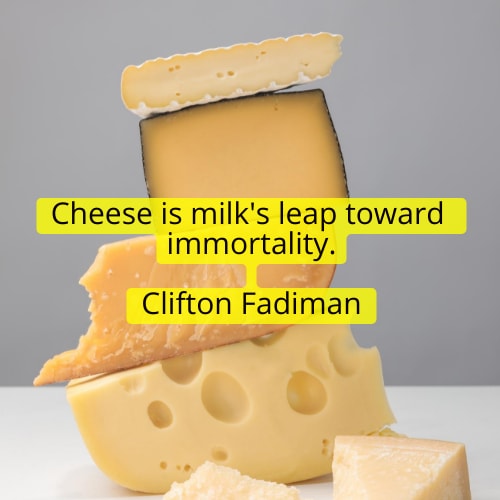Endangered foods: why our diet is narrower than ever – and these seven foods urgently need saving | Food
What does it mean when a food or drink becomes “endangered”, when there are so few people producing it that it is on the brink of disappearing for ever? Should we worry, as we do about ancient ruins and the giant panda? Or should we conclude that the loss of historic cheeses, cakes, fruits, booze and even animal species is the sad but inevitable result of people’s palates and priorities changing?
On the one hand, it is hard to be too sad about Britain’s vanishing apple varieties next to the more immediate problems facing the country. If granny smiths and Pink Ladies are always available, what is the point in mourning the demise of the Blenheim orange apple? But it is not just apples that are disappearing. In Ark of Taste, a catalogue of endangered foods by the Slow Food movement, 5,952 are registered around the world, while in his book Eating to Extinction, food journalist Dan Saladino charts the demise of varieties of grains, pigs, cheese, wine and even coffee beans.
“I had to force myself to really explore why we should care,” Saladino says. “That revealed to me the importance of diversity not just in the past, but in the future,” with some endangered foods potentially holding the key to many of our present-day crises in agriculture, climate and energy.
Hang on, you might think. There is more choice on our shelves than there has ever been. Breakfast cereal alone is dizzying in its variety. How can there be a diversity problem in food, when Sainsbury’s has 84 different sausage products? That’s the paradoxical thing, says food historian Polly Russell. “It appears that we have incredible choice and variety – more than perhaps at any other time – and it is true that the number of products available to the individual consumer has gone up. But the diversity of crops worldwide has gone down. The vast majority of those products you see in the supermarket will have been made with a very limited number of ingredients, like wheat, maize, palm oil…
..


